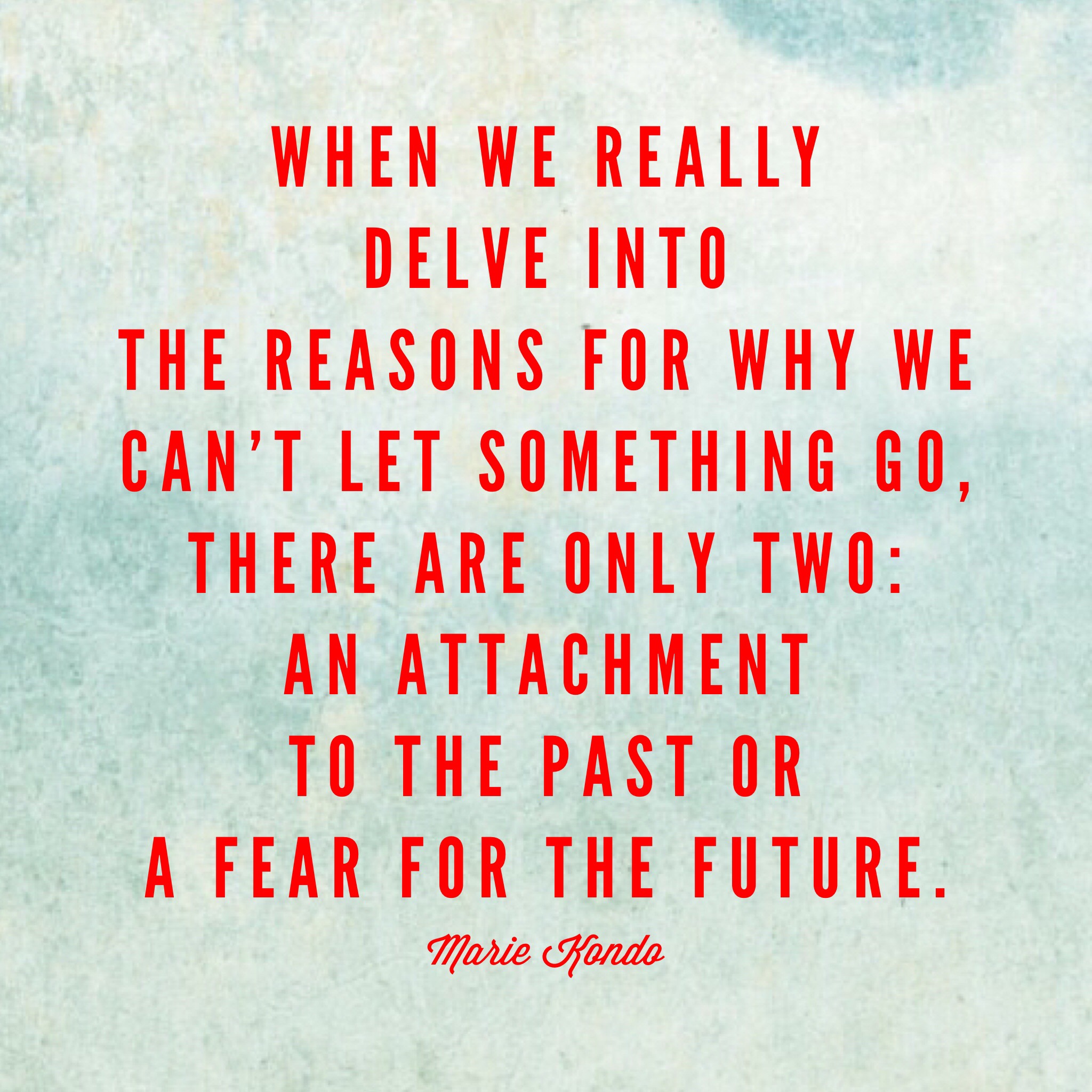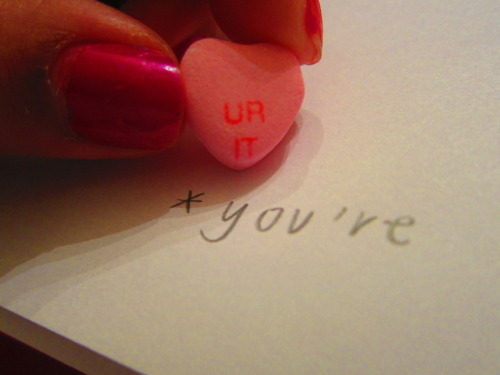I'm a huge fan of planners, planning systems, goal setting strategies, spreadsheets, totally interested in setting goals. Yes. A hobby I've loved since 2007 when I went to college and used my very first planner. Setting goals? Sign me right up and I'll even sticker-bomb the borders. But actually doing what's on the list? Bye.
This JanJan Comics character is me, 100%:
 |
| "I've listed all the things that need to be done." "I don't want to do them anymore." Facebook: JanJan Comics |
So like any self-respecting,
I started accepting that things need to be simpler, much much simpler, for me to even remember them. So I changed my style completely and brought things down to just the essentials. Instead of a long list of specific goals every year that I always end up looking at and feeling badly about, I write attitudes that need to be changed in me (those were always easier for me to do weirdly enough), usually healthier ways to relate to stress. Hehe. As an anxious person, this has helped me a lot.
Then I just started using my planner to remind myself of things that absolutely need to be done, instead of peppering it with a bunch of aspirational stuff like "write a... song..?"... It helps a lot that I have a day job and really have things to put into my calendar. It helps a lot to just simply be able to tick boxes.
I've also known for a while that when motivation does fly by for whatever reason, you need to hop right on that elusive beast and hold on for dear life. So I've always been waiting...
 |
| Though sometimes, inspiration or motivation is so distracting and possessing that it's hard to stay accountable with any written goal |
Sometimes, it's a near-death experience, sometimes, even scraping your knee (happened to me one time. I was SO motivated for the next few months), and sometimes it's just a new year coming by.
This year end is particularly significant to me. We are having our wedding on the first day of the year, (more on that in a separate post, maybe) and it's the beginning of a new decade. Objectively, that doesn't mean anything, but there are just things like that that I choose to ascribe meaning to, for the sake of fun and a semblance of "meaningfulness" in life.
While getting ready one day, I came across this video from Lavendaire, and a certain magical set of different conditions (the fact that I had just had coffee and L-theanine, it was the end of the month and it was time to start December on my planner, etc etc etc) just did the thing for me, and I felt the dragon coming towards my way. So I HOPPED ON OBVIOUSLY
Again, it took a very particular set of conditions, and it was really mostly luck. But I was inspired enough to make brand-new-spanking goals, and for the FIRST TIME in a LONG TIME, they actually feel tailored to me. They are "S-M-A-R-T" yet fit my personality.
If you're as bad at accomplishing goals as I am, Lavendaire has a bunch of very helpful tips in the video I linked. But basically, here are the ones that helped me the most, or at least my interpretation of them:
1. Start Small: Attainable and Realistic shouldn't mean "technically possible" to you, if you're like me at all. it should mean "I'm likely going to be able to push myself to do that, the way I am now, even under bad conditions"... Therefore, instead of saying "I'll do 10 pushups every morning" I'm starting with "I'm going to move every morning, even if it's just stretching. I'll do what feels good." That may seem too small, but it's still an improvement from what I normally do. Build a ladder. Don't attempt to do parkour if you're not the type.
2. Build Momentum: The small mini-goals shouldn't be random. R means Relevant or Realistic, not Random. Even though they're small, they should be the mini-version of what you eventually want to do. In my case, my big goal is "to have discipline, consistency, and accountability" because all the things I've been trying to chase and failing to all this time, namely mental and physical health, a calmer disposition, being able to start and finish passion projects, all hinge on the premise that I would be able to keep doing things I set out to do, and build habits that I am able to sustain often, if not daily.
3. Chunk Actions Together: Chunking is a memory technique where you put stuff together with a thing you know you'll remember or something you'll do anyway. Like putting your inhaler next to your car keys because you know you can't leave without your keys.
Planning the actions to meet my goals has always been my biggest goal-setting roadblock. I'm too impulsive and my days are too unstructured, even with a job, that I find it hard to put action items within the day and follow them. This time around, the idea of a "Morning Routine" had been on the front of my mind because it's so trendy in the self-improvement world, and I thought, what better way to chunk things together than to put all my small goals together in the morning? I've been needing motivation to get off the bed when I wake up anyway. So this makes it Attainable and Realistic to me. And if I get a task done at the start of the day, I start off every day feeling accomplished. This also gives it a Time-Bound element.
4. Tracking: I've NEVER.. And I repeat, N E V E R been able to track anything successfully in my life. Not once have I ever filled out a monthly tracker in my Bullet Journal, and I know I'll probably miss some days on the current one I started. But to me, tracking doesn't have to be a physical, complete record of my actions (especially because that's going too far into the edge of my Attainable zone). Tracking to me is just a way to keep myself accountable, and to me, a visual prompt, as long as I can easily see it when I need to, can do it.
So out of cardboard, I created a list of my simple Morning Routine that I made that ticks all the small habits that I want to build up on. Every morning, I can look at this to track if I'm done for the morning, before heading out.
 |
| I might write about this on a separate post, too. Again, Maaaybee |
Now I've been somewhat successful so far .but I have yet to see what happens once I come back to regular work days. My goals are very small, yes. It may look like I'm going too easy on myself, but really. I've been at the other end of it when I let momentary ambitiousness or impatience of past-me's set booby traps for lazy present-me to fall into.
What's important to me is that the changes last. Because I've made it clear to myself that my goal is to build habits, and an attitude that is more consistent and accountable with things. The intensity of the habits are not what's important for now. It's building the muscles that I'll need to eventually accomplish my goals. That's the plan, anyway.
I'm hoping to remember to update this space after a couple of weeks to see if I get to keep at this, or if I revise anything. Right now I feel like coming back here to write about these changes I'm trying out. But I'm trying to go easy on adding more goals to fail at. So I won't add this to my list, and just hope I remember anyway, and find time to write. That way, it's like a bonus. Hehe. (I could also chunk it with my journalling habit, who knowss)
See you again soon, Maybe!

















